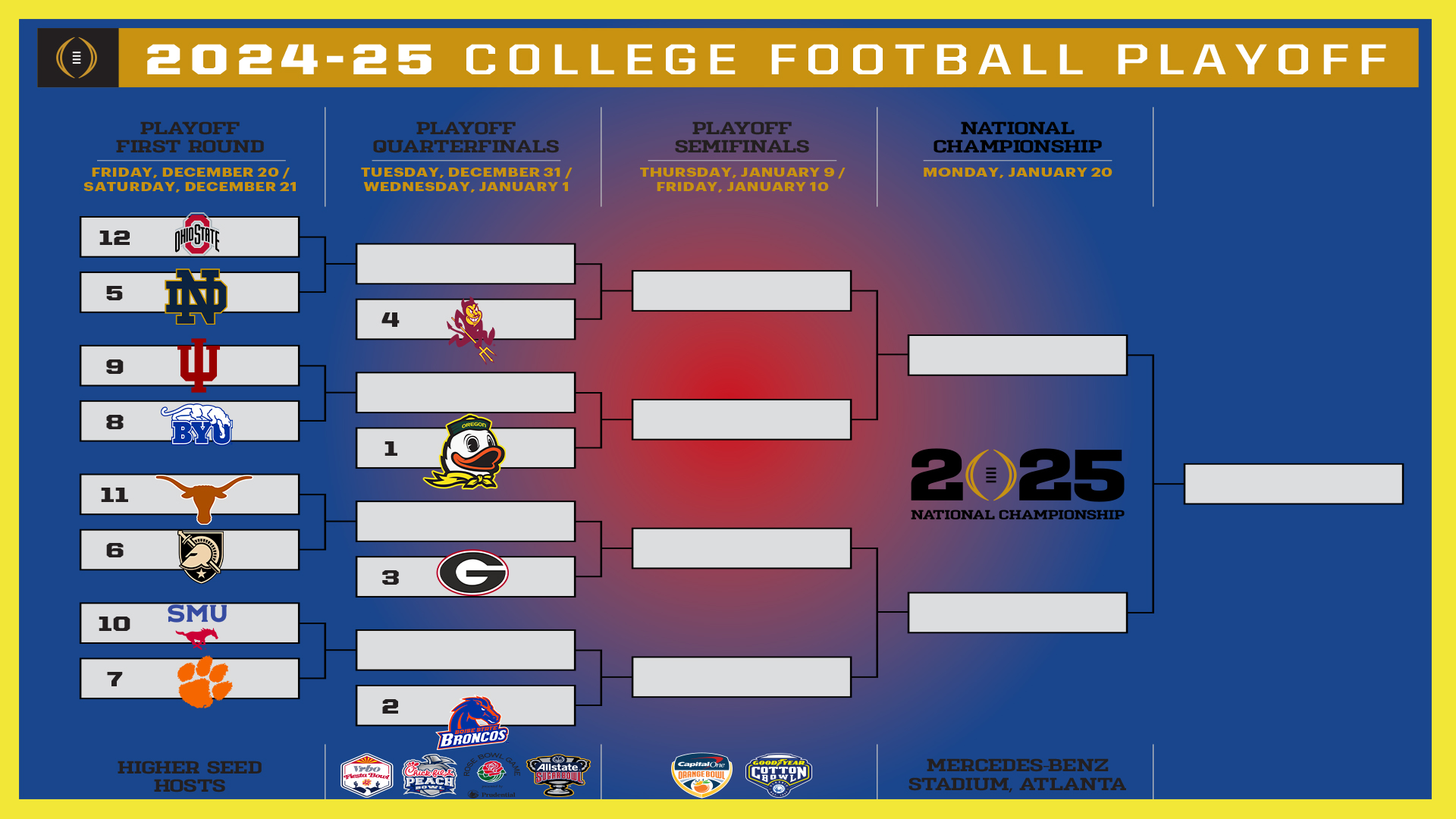
My rankings look a lot different than the one shown on sports programming for a few reasons. I see no reason in pushing up a team that is winning games, but not a top two or three team in their conference. This is much more impactful with the rise of the deep conferences we have today. A one-loss team can easily be 4th in its conference. I see no value in propping them up over an undefeated or another one-loss team that is atop its conference.
Preseason polls give early games meaning. Beating a preseason favorite in September inflates success, especially in the case of a title favorite being upset and going on to have a less than stellar year. Of course, tying your past opponent’s downfall to your success seems terrible. Still, let’s keep it honest when accessing a team’s performance and not give them accolades for beating a team that was a fraud all along. This also works to keep out those teams that play tune-up schedules. Piling on those early contest that hardly test a team will get no love here.
Going undefeated was once the cornerstone of determining a champion. While it isn’t as influential of a factor, we still need a barrier to hold off on two- and three-loss teams until some shake-out has occurred. Unless teams press to have more challenging schedules, it will be hard to argue that a team with more than two losses is a top 12 program.
The mantra is “One game at a time,” and the next one up is key in assigning worth of a program. Taking on a winner next week puts your team in the position to climb the ranks and doesn’t do so in hindsight which limits huge swings week to week from outsiders. It brings in some stability for bye weeks also; while other factors are changing on that week, the next opponent and losses taken will remain constant.
I know played opponents have been addressed previously, but the final factor is merely one used to differentiate teams based on how dominant their past opponents have been. Percentages can be similar for sure; this can point to which of two teams have competed against the stronger of the similar schedules. Couple that idea with the fact similar teams can have vastly different outcomes against their tougher opponents. This accounts for that even though it provides a bit of a boost to the teams that lost those tougher contests. Which is also why it is the least impactful to the seeding.
Seeded based on:
- Conference standing
- Opponents Played Winning Percentage
- Number of losses taken
- Number of wins by next opponent
- Number of wins by played opponents